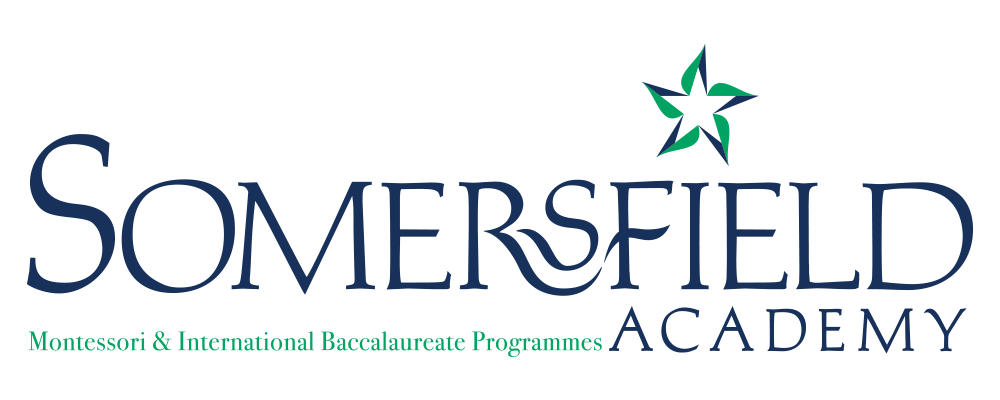The Montessori Approach to Geography Education
In the Montessori educational approach, geography isn't just about maps and landmarks; it's a journey of discovery that aligns with Maria Montessori's concept of Cosmic Education. At its core, this curriculum aims to help children grasp their place in the grand tapestry of the universe.
The journey begins with exploring creation myths from diverse cultures, laying a foundation that bridges spiritual beliefs with scientific understanding of Earth's formation. Armed with this knowledge, students delve into the study of physical geography, using Montessori Nomenclature cards to grasp the intricacies of landforms, bodies of water, and geological processes like plate tectonics. Interactive materials, such as puzzles depicting continental drift, bring these concepts to life, fostering a deep appreciation for the dynamic nature of our planet.
Beyond natural landscapes, Montessori geography extends to cultural exploration. Children eagerly learn about flags, continents, countries, and capitals, often immersing themselves in detailed studies of different nations. Tools like puzzle maps and pin boards make learning tangible and engaging, allowing children to physically place countries and understand their spatial relationships.
Equally important is the study of human geography, where children explore how different societies meet fundamental human needs such as food, shelter, and protection. This exploration nurtures empathy and understanding of cultural diversity, crucial for shaping global citizens who appreciate their interconnectedness with others worldwide.
Ultimately, the Montessori geography curriculum is designed to broaden children's perspectives, instilling in them a sense of wonder and responsibility for the world they inhabit. By nurturing curiosity and understanding across natural and cultural landscapes, Montessori education empowers children to recognise their unique role in the vast universe, encouraging them to contribute positively to their communities and beyond. It's a holistic approach that not only educates but also inspires lifelong learners who are eager to explore and respect the richness of our planet and its inhabitants.

